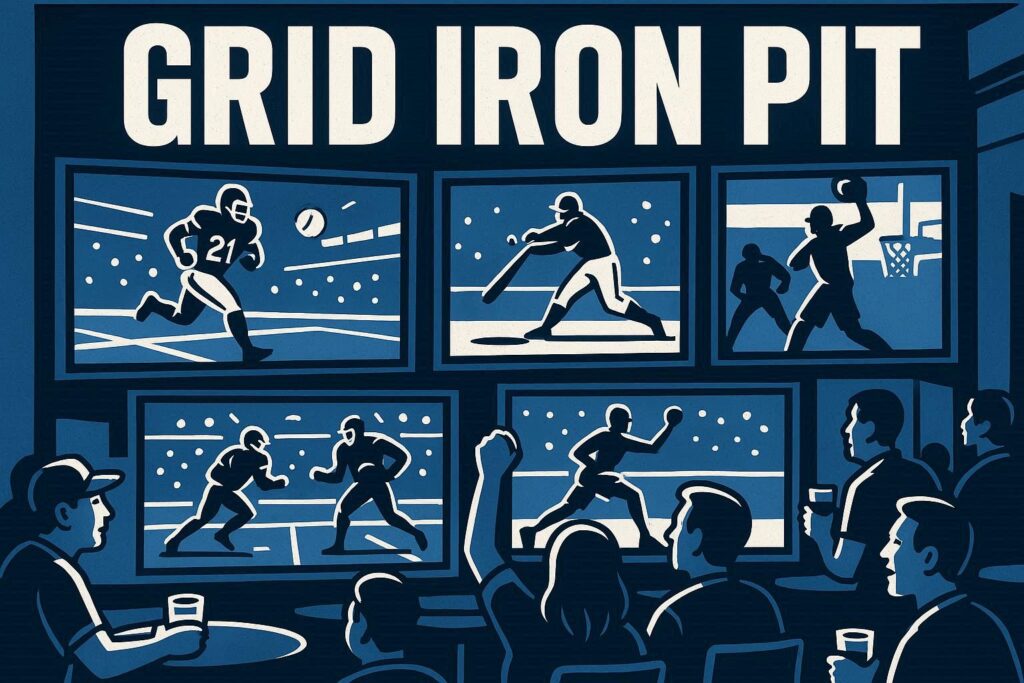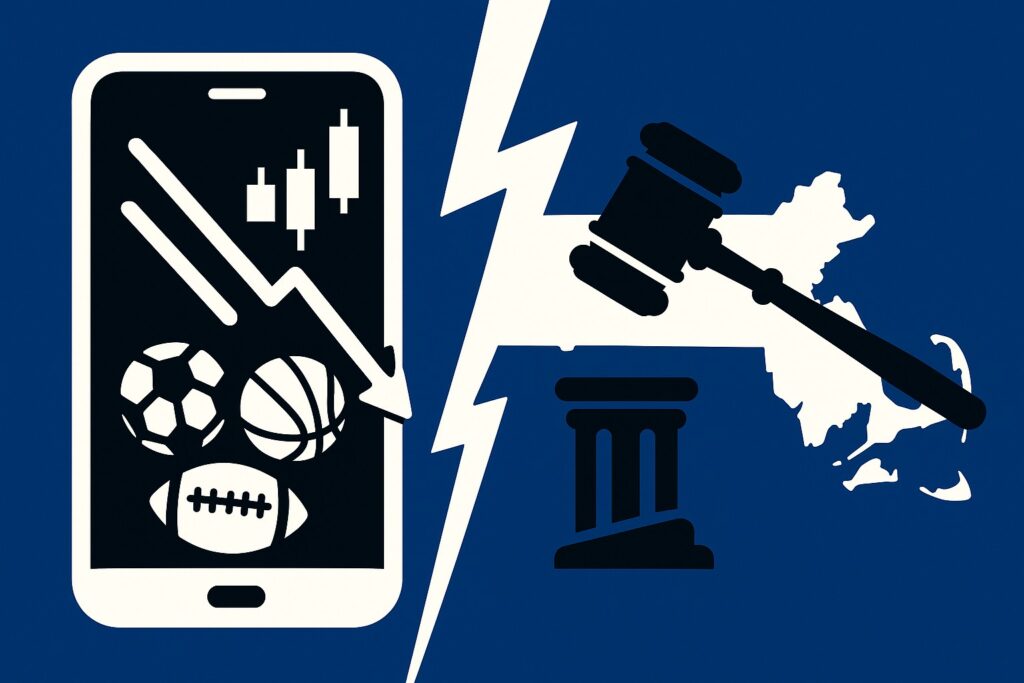In a series of critical legal developments, federally regulated event contract market Kalshi has significantly strengthened its position in its multi-state battle over the right to operate, scoring a significant victory in Nevada, while its parallel case in New Jersey is on hold pending a high-stakes federal appeal.
A federal judge in Nevada has rejected the state’s attempt to dismiss Kalshi’s lawsuit, meaning the case will proceed on its merits. The ruling denied the state’s key procedural defenses, finding that gaming regulators had waived their constitutional immunity by seeking its own injunction against the company. In a move that formalizes the true nature of the conflict, the court also granted the powerful Nevada Resort Association (NRA) permission to officially intervene in the case, pitting the established casino industry directly against the financial market innovator.
These events unfold as proceedings in New Jersey have been voluntarily halted by both parties, pending a decision from the U.S. Court of Appeals for the Third Circuit on the state’s appeal of an earlier injunction won by Kalshi. Together, these developments signal that the foundational question of whether Kalshi’s products are illegal bets or federally governed financial instruments is escalating toward a definitive legal showdown with nationwide implications.
Nevada’s immunity defense crumbles
The most impactful ruling came on June 3, 2025, when Chief U.S. District Judge Andrew P. Gordon issued a sweeping denial of the motion to dismiss filed by the Nevada Gaming Commission and the Nevada Gaming Control Board. The state agencies had argued the case should be thrown out on the grounds of Eleventh Amendment immunity, which generally shields states from being sued in federal court.
Judge Gordon found that the state had forfeited this protection, reasoning that the gaming regulators did not merely defend themselves against Kalshi’s lawsuit but also sought affirmative relief in the form of an injunction to shut Kalshi down. Nevada seeking this relief was fundamentally incompatible with a claim of immunity, Judge Gordon found, quoting Supreme Court precedent, which found “It would seem anomalous or inconsistent for a State both (1) to invoke federal jurisdiction… and (2) to claim Eleventh Amendment immunity.” In essence, the court ruled that a state cannot simultaneously claim a federal court has no power over it while asking that very court to exercise its power on its behalf.
This finding creates a strategic minefield for state regulators nationwide and provides a clear legal playbook for Kalshi or other prediction market sites. Any state that affirmatively pursues an injunction against the company in federal court now risks losing its sovereign immunity defense. This may explain why some states, like Illinois, have appeared hesitant to engage in a full-blown legal assault, and it puts any state considering enforcement action in a precarious position.
The gaming industry officially enters the ring
Judge Gordon also granted a motion filed by the Nevada Resort Association (NRA), a trade group representing Nevada’s formidable casino industry, to intervene on the side of the state defendants. The NRA argued that its members have a direct and distinct commercial interest in the outcome of the case. Judge Gordon recognized the NRA’s members would face a “considerable competitive disadvantage” if Kalshi is permitted to offer its products without being subject to the state’s costly gaming regulations. The court agreed that the NRA’s economic interests were different from the state’s broader regulatory concerns, entitling them to a seat at the table.
The NRA’s intervention showcases another aspect of the blowback against Kalshi’s sports markets. The conflict is not just a jurisdictional dispute between a state regulator and a federally regulated company; it is also an economic struggle between the legacy state-licensed sports betting industry and a new, disruptive model. Kalshi is no longer just fighting government lawyers; it is now up against the immense financial and political resources of the casino lobby, which will undoubtedly mount a fierce defense of its regulated market.
The New Jersey battle pauses for appeal
As the Nevada case intensifies, the docket in the District Court of New Jersey has temporarily gone quiet. On May 20, court records show that Kalshi and the New Jersey Attorney General’s office jointly agreed to stay all district court proceedings. This pause comes after New Jersey appealed the District Court’s April 28 order granting Kalshi a preliminary injunction, which currently prevents the state from taking action against the company’s sports-related contracts.
The decision to wait for the U.S. Court of Appeals for the Third Circuit underscores the gravity of the appeal. It will be the first time a federal appellate court weighs in on the central legal question: Does the Commodity Exchange Act (CEA), which grants the Commodity Futures Trading Commission (CFTC) exclusive jurisdiction over markets like Kalshi, preempt state-level gaming laws?
The New Jersey appeal is now officially on a fast track. According to a motion filed on May 15, 2025, New Jersey’s Attorney General asked the U.S. Court of Appeals for the Third Circuit to expedite the appeal process, arguing the state suffers “irreparable injury” every day it is enjoined from enforcing its sports wagering laws, especially with the lucrative college and professional football seasons approaching. The state argued the injunction granted by the district court harms its ability to protect the public and collect tax revenue. The court granted this motion and set an expedited briefing schedule. New Jersey’s opening brief is now due by June 10, 2025, with Kalshi’s response brief due 30 days after that, ensuring the high-stakes appeal will move forward quickly.
A victory for Kalshi in the Third Circuit would establish a powerful, binding precedent in that jurisdiction and serve as highly persuasive authority in its other legal battles. Conversely, a loss could create a “circuit split” — a scenario where different federal appellate courts issue contradictory rulings on the same national legal question. Such a split often serves as a key reason for the U.S. Supreme Court to accept a case, creating a possibility that the nation’s highest court could ultimately decide this fight.
For now, Kalshi’s legal strategy has proven successful. It has avoided procedural traps and has kept the focus on the supremacy of federal law. With the gaming industry now a formal opponent and a federal appeal underway, the foundational conflict over the future of event contracts is poised to be resolved at the highest levels, with the outcome set to redefine the boundaries of a multi-billion dollar industry.





